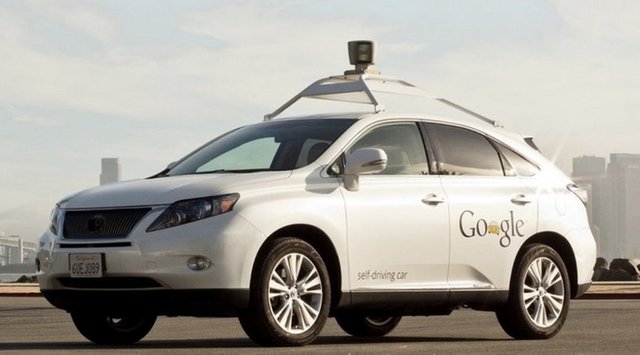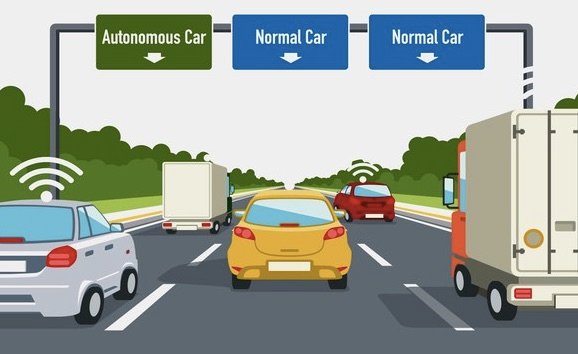Humans Are Allergic To Change - And Driverless Cars
"The Americans have need of the telephone, but we do not. We have plenty of messenger boys."
-Sir William Preece, chief engineer, British Post Office, 1876
Every year 1.2 million people die in traffic accidents, with 95% of those accidents caused by human error.
At the same time, it’s estimated that only half of the US population is willing to be a passenger in a driverless car.
Driverless cars have no driver, so they must be dangerous, right?
Well, Google’s fleet of vehicles have logged millions of miles and have been involved in less than 20 collisions… and every single collision was caused by a vehicle with a human driver hitting the driverless car!

Humans are allergic to change.
That’s the only justification I can think of when it comes to people adopting new ideas.
A majority of people will usually ignore or criticize new technologies. It’s happened with everything from the telegraph, to the internet, to driverless cars.
For early adopters - those who embrace change - there is tremendous opportunity to capitalize on the majority’s ignorance.
And that’s what you and I can do, with driverless cars.
Right now, there is a race to figure out how to make driverless cars work. And I don’t necessarily mean the actual car. In addition to getting vehicles to work autonomously, there are a multitude of other aspects that need to be figured out.
For example, one VC firm out of Washington is currently working on an “autonomous vehicle corridor.” (Think carpool lane for driverless cars.)

Source: Wired
The idea is that driverless cars can work great with other driverless cars. They can sync their speeds, they can travel at close distances, and they don’t do stupid things like human drivers. Of course, the rest of the lanes on the road will be reserved for dumb human drivers who make erratic and unpredictable maneuvers.
This autonomous vehicle corridor is just one example of the many problems that need to be solved in order to allow driverless cars to work to their full potential.
How will a driverless car navigate a fast-food drive thru? How will a driverless car refuel or recharge? How will a driverless car find the right parking spot?
The questions could go on and on with some being quite simple to solve and others being very difficult.
Right now, there are many companies out there trying to solve these problems. The majority of these problem solvers are small startups who will eventually be gobbled up by the big auto manufacturers and tech giants.
For an investor, this is extremely exciting. It's like you're a kid in the candy store, where you get to pick your favorite treat.
Driverless cars are coming. That's a fact. It's not an if, just a when.
As an investor, this means that you just have to pick the companies that you think are going to be the most successful.
Now, you can go after the obvious ones, like Tesla, Bosch, Ford, BMW, etc.
But those companies already have a lot of their future value priced into their current price.
The real winners are going to be those hidden startups who are unknown right now... we'll keep our eyes out for those.